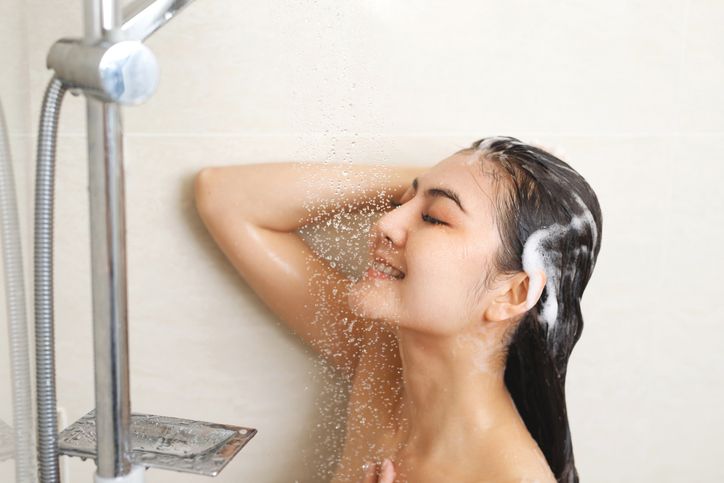
- Home
- Trend
- Weight Loss Strategies
- Acne Tips
- Hair Health Information
- Blemish Removal Tips
- Acne Scar Removal Tips
- Muscle Building Techniques
- Intimate Care Tips
- Postpartum Intimate Care
- Eye Bags Wiki
- Tips for Face Slimming
- Secret of Permanent Hair Removal
- Breast Enlargement Tips
- Cure to Snoring
- Marionette Lines
- Skin-Tightening Secrets
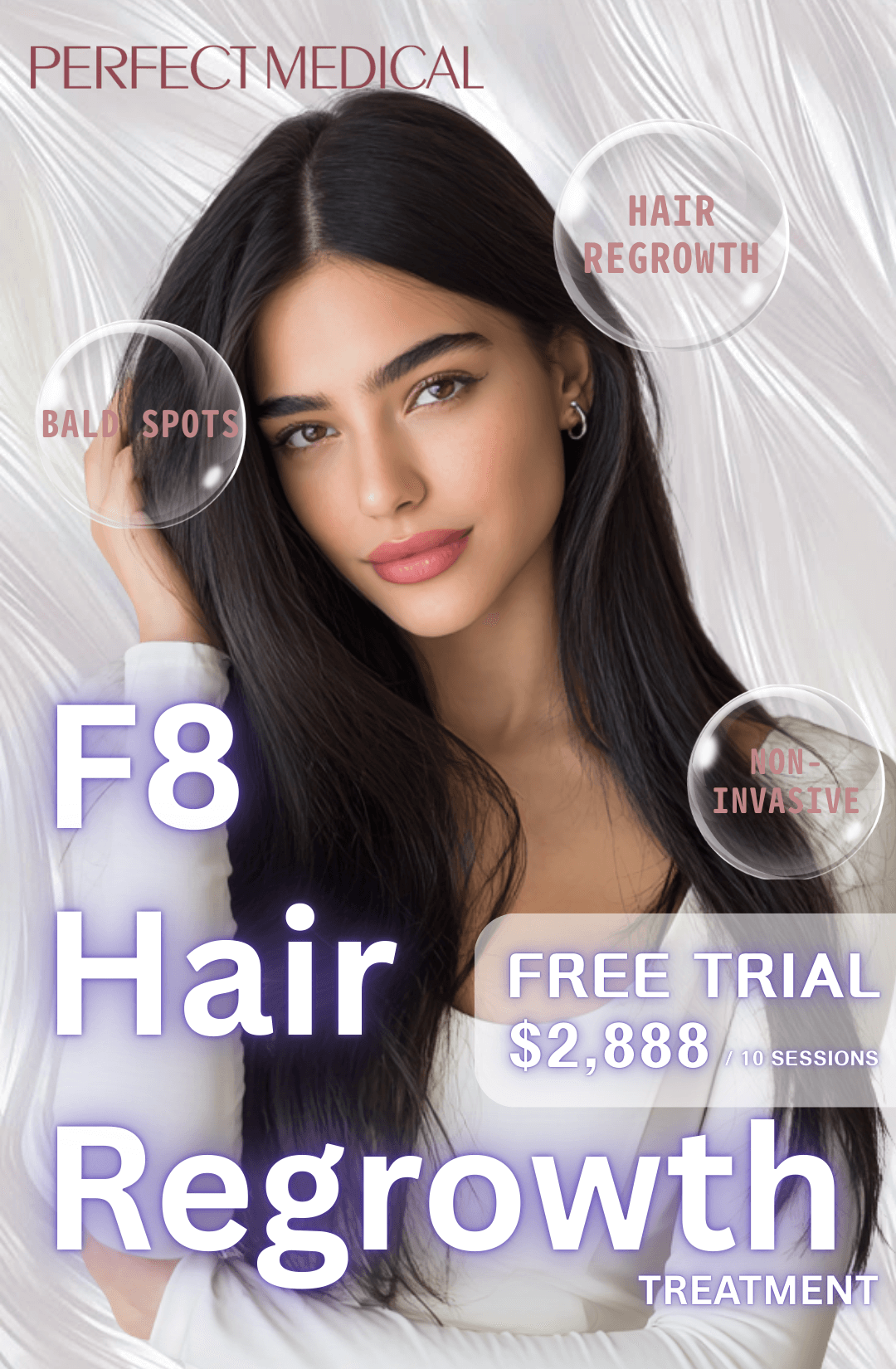
免費體驗
F8 Hair Regrowth Treatment
1 Minute Self-Registration
Date should not be before minimal date
The quest for healthy and luscious locks has led many people to explore the potential benefits of hair oils in preventing hair loss. While the use of hair oils has been a traditional practice in many cultures, it's essential to separate fact from fiction regarding their effectiveness. In this article, we'll explore the relationship between hair oils and hair loss, providing you with a clear understanding of their role in maintaining hair health.
1
The Role of Hair Oils
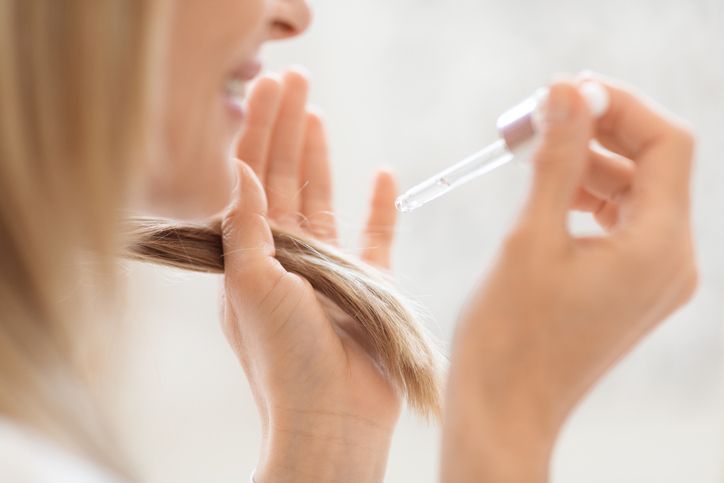
Hair oils have a rich history of being utilised for the nourishment, conditioning, and protection of both hair and scalp. Their use spans centuries, and they offer a wide array of benefits that contribute to overall hair health and appearance. Here's a closer look at these advantages:
1. Moisturization
Hair oils are exceptionally adept at locking in moisture, effectively preventing dryness and the brittleness that can result from it. They create a protective barrier, helping to retain the hair's natural hydration and suppleness.
2. Strengthening
Certain hair oils contain essential fatty acids and vital nutrients that are instrumental in fortifying hair strands. This added strength can lead to reduced breakage and healthier-looking hair.
3. Improving Scalp Health
Massaging hair oils into the scalp has the dual benefit of enhancing blood circulation and addressing common scalp issues such as dandruff or itchiness. Improved circulation can foster a healthier environment for hair follicles.
4. Reducing Frizz
Hair oils have the remarkable ability to tame frizz, resulting in hair that appears smoother and shinier. They create a sleek surface by smoothing down the hair cuticle, mitigating frizz and promoting a polished look.
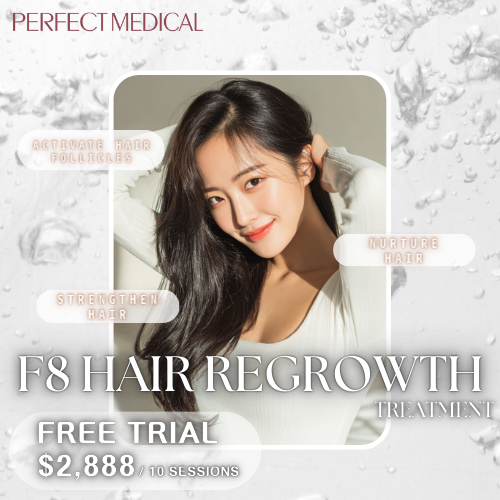
2
Benefits of Applying Hair Oil to Enjoy Fine Hair
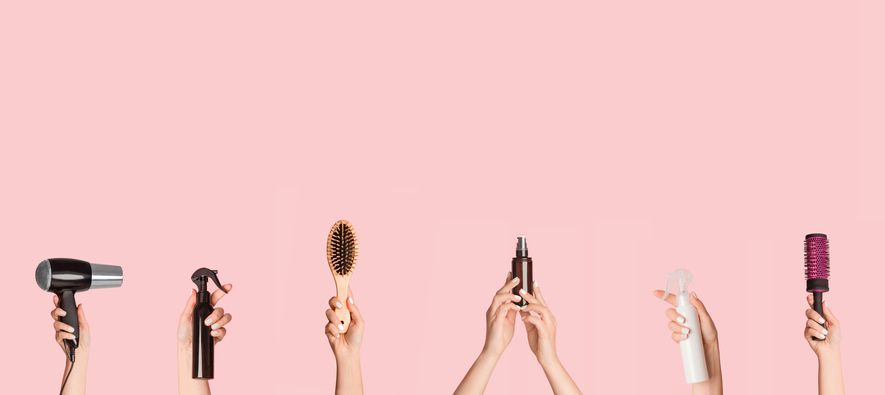
Not all hair oils are created equal, and each brings its unique set of benefits to the table. Here's a comprehensive look at some of the most renowned hair oils and the advantages they offer for hair health:
Coconut oil
Coconut oil is celebrated for its extraordinary ability to deeply penetrate the hair shaft, thereby reducing protein loss. This characteristic makes it a valuable asset in strengthening hair and rendering it less susceptible to breakage. Additionally, coconut oil provides exceptional moisture, preventing dryness and imparting a healthy shine to your locks.
Argan oil
Argan oil, often referred to as "liquid gold," is rich in antioxidants and vitamin E. These elements work harmoniously to enhance hair elasticity, leaving your hair more flexible and resilient. Argan oil is particularly favoured for its effectiveness in combating frizz and addressing dryness. Regular use can result in smoother, more lustrous hair.
Castor oil
Castor oil is renowned for its potential to stimulate hair growth. It achieves this by enhancing blood circulation to the hair follicles, which, in turn, promotes healthy hair growth and the appearance of fuller, thicker locks. Many individuals turn to castor oil when grappling with concerns related to hair thinning.
Jojoba oil
Jojoba oil is an exquisite mimic of the natural oils produced by the scalp. This unique characteristic allows it to regulate oil production effectively. When applied to the hair and scalp, jojoba oil helps balance oil levels, thereby creating an environment conducive to overall hair health. It's particularly valuable for those with oily or combination scalps.
Olive oil
Olive oil, a kitchen staple with incredible versatility, also extends its benefits to hair care. Rich in vitamins E and K, as well as antioxidants, olive oil works to moisturise and soften the hair. It can enhance hair's manageability, making it easier to style and reducing the likelihood of tangles. Regular use can result in smoother, silkier strands.
Avocado oil
Avocado oil is a powerhouse of nutrients, including vitamins A, D, and E, along with essential fatty acids. These components collectively nourish and strengthen hair, promoting its overall health. Avocado oil is particularly adept at deep conditioning and hydrating dry and damaged hair. It leaves hair feeling softer and looking shinier.
Grapeseed oil
Grapeseed oil is a lightweight oil that boasts a high content of linoleic acid, which can be advantageous for hair. It is known for its ability to lock in moisture, preventing hair from becoming excessively dry and brittle. Grapeseed oil can also contribute to a smoother hair texture and a reduction in frizz.
Almond oil
Almond oil, enriched with vitamins A, B, and E, is a superb choice for those seeking to strengthen and nourish their hair. It's particularly beneficial for maintaining a healthy scalp, as it helps alleviate dryness and reduce dandruff. Almond oil can impart a natural shine to your hair and enhance its overall vitality.
Sunflower seed oil
Sunflower seed oil is a lightweight and non-greasy option that can offer significant benefits to hair. Packed with vitamins and antioxidants, it assists in locking in moisture, preventing dryness, and keeping the hair shaft smooth. Sunflower seed oil can be a valuable addition to your hair care routine, leaving your hair looking and feeling healthier.
Incorporating these nourishing oils into your hair care regimen can help address various hair concerns and enhance the overall health and appearance of your locks. Whether you're seeking to strengthen, moisturise, combat frizz, or promote growth, there's an oil suited to your specific needs.
- How To Fix Damaged Hair? Self-Check Symptoms + 5 Expert Hair Care Tips
- 7 Benefits of Scalp Scrubs! Can They Help with Oily Scalp and Odor? What About Dry Scalps?
- The Hidden Factors Contributing to Crown Thinning: What You Aren’t Told About
- A Complete Guide To Fast Hair Regrowth Methods, Habits, And Nutrition
3
Can Hair Oils Truly Prevent Hair Loss?
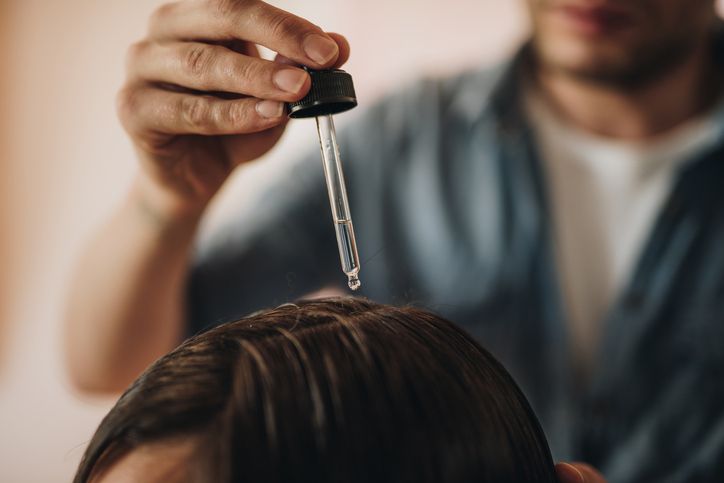
It's important to manage expectations when it comes to hair oils and their impact on hair loss. While these oils offer a myriad of benefits for hair health, they may not directly prevent hair loss caused by genetic factors, hormonal changes, or underlying medical conditions. Hair loss is a complex issue with multifaceted causes, and its prevention typically requires a comprehensive approach.
However, the use of nourishing hair oils can contribute significantly to overall hair health. By strengthening hair, preventing breakage, and maintaining optimal moisture levels, these oils make the hair less susceptible to damage. This, in turn, can help individuals maintain the appearance of thicker and healthier hair.
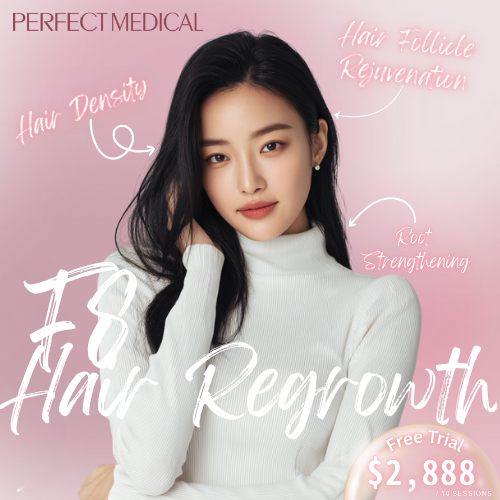
4
Connecting the dots to the right oil
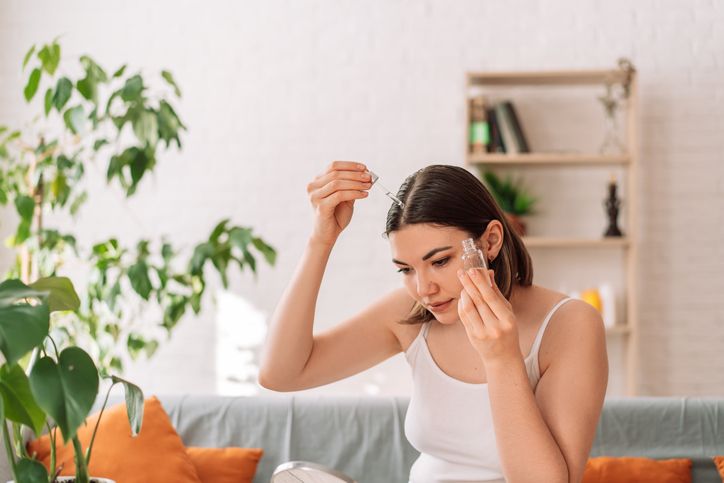
Hair oil can be beneficial for addressing certain types of hair loss, specifically those related to dryness, breakage, and scalp health. Here are the types of hair loss that using hair oil can help with:
1. Hair Loss Due to Breakage
Hair oil, such as coconut oil and argan oil, can help reduce hair loss caused by breakage. These oils have the ability to penetrate the hair shaft, strengthening the hair and making it less prone to snapping or splitting. Regular use of these oils can improve hair elasticity, reducing breakage and promoting healthier-looking hair.
2. Thinning Hair
Castor oil is known for its potential to stimulate hair growth by improving blood circulation to the hair follicles. While it may not directly treat conditions like male pattern baldness, it can help individuals with thinning hair achieve the appearance of fuller and thicker locks.
3. Scalp Conditions
Hair oil can contribute to scalp health, addressing hair loss related to scalp issues. For instance, olive oil and almond oil are effective at moisturising the scalp and alleviating dryness, which can reduce hair loss associated with a dry, flaky scalp. Maintaining a healthy scalp environment is crucial for supporting hair growth.
4. Preventing Hair Loss Due to Damage
Hair oils can act as a protective barrier, preventing hair from becoming excessively dry and brittle. This can be especially helpful in preventing hair loss caused by damage from styling practices, excessive heat, or chemical treatments. Oils like jojoba oil and grapeseed oil can help maintain hair's moisture and reduce the risk of breakage.
It's important to note that while hair oil can be a valuable part of a hair care routine, it may not be effective for all types of hair loss. Conditions such as genetic hair loss (male pattern baldness and female pattern baldness) or hair loss due to underlying medical issues often require a more comprehensive approach, which may include medical treatments or interventions.
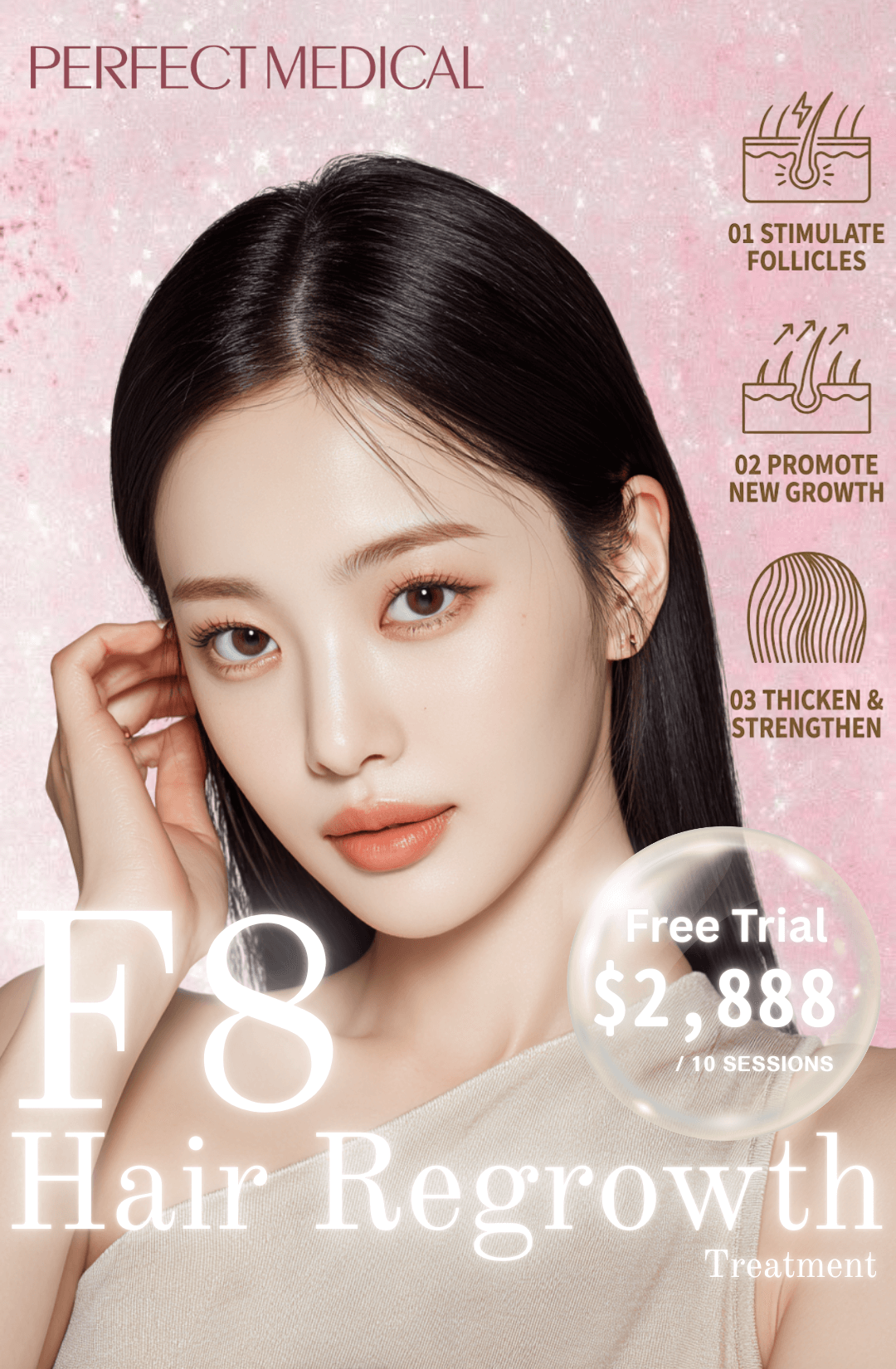
免費體驗
F8 Hair Regrowth Treatment
1 Minute Self-Registration
Date should not be before minimal date
5
How to Apply Hair Oil Effectively On Dry Hair & Damp Hair
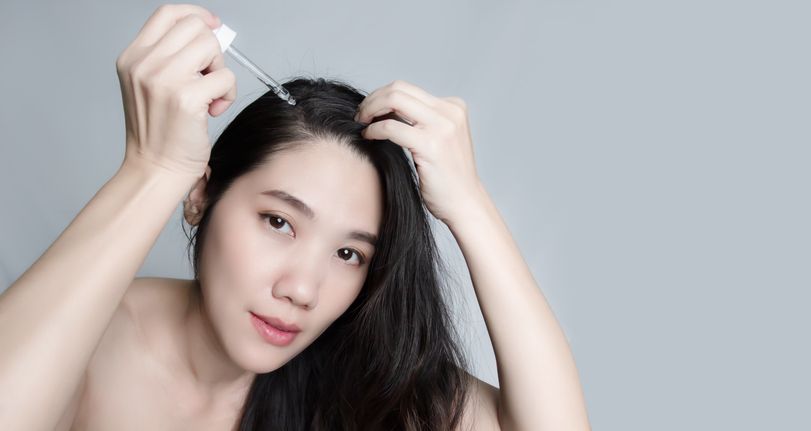
Don't try to just squeeze them on top of your head. To harness the full potential of hair oils, it's essential to use them effectively:
Application
When applying hair oil, it's crucial to do so with care and attention to detail. Start by choosing whether to apply the oil to dry or damp hair. For the best results, focus on the mid-lengths and ends of your hair, as these areas are often more susceptible to dryness and damage. Applying the oil to these specific areas ensures that they receive the moisture and nourishment they need.
Scalp Massage
A gentle scalp massage can significantly enhance the benefits of hair oil. By massaging the oil into your scalp, you stimulate blood circulation to the hair follicles. This improved circulation not only supports the overall health of your scalp but also encourages healthier hair growth. A few minutes of massage can make a notable difference in promoting the vitality of your hair.
Duration
To allow the hair oil to work its magic effectively, it's recommended to leave it on for a sufficient duration. For a regular treatment, leaving the oil on for at least 30 minutes is a good practice. However, for a more intensive and deep-conditioning treatment, consider leaving the oil on overnight. This extended duration ensures that the oil penetrates deeply into the hair shaft, providing thorough conditioning and nourishment.
Shampooing
After the designated duration, it's essential to wash out the hair oil properly. Use a mild, sulphate-free shampoo to ensure that all oil residues are thoroughly removed. Proper rinsing is crucial to prevent any oil buildup that could make your hair appear greasy. However, it's important to strike a balance—avoid excessive shampooing, as this can strip away your hair's natural oils, potentially leading to dryness.
Consistency
Consistency is the key to realising lasting results when using hair oils. Incorporate the application of hair oils into your regular hair care routine. By making it a consistent practice, you provide your hair with ongoing nourishment and protection. Remember that hair care is a holistic endeavour, and combining the use of hair oils with other appropriate products and practices can lead to healthier, more vibrant hair over time.
In summary, using hair oils effectively involves a mindful and comprehensive approach. Proper application, scalp massage, adequate duration, and careful shampooing are all essential elements in making the most of the benefits that hair oils can offer. Consistency in this practice, along with a well-rounded hair care routine, is key to achieving and maintaining healthier and more beautiful hair.

6
Enjoy Finer Hair. Let Perfect Medical Complements Your Favourite Hair Oils!

It's worth noting that using certain hair oils can create a dependency in your scalp and hair follicles. When you discontinue their use, you may experience hair loss again. This occurs because these oils mimic your scalp's natural oils, necessitating consistent application.
On the other hand, the F8 Hair Regrowth Treatment offers a more lasting solution. It strengthens the papilla (hair root) and capillaries within the hair follicles, promoting permanent hair growth that endures beyond the treatment period.
This low-energy laser therapy for hair loss is designed to stimulate hair growth by enhancing blood circulation to the scalp. It also repairs damaged capillaries, activates dormant hair follicles, and fortifies the hair papilla. The result is visibly thicker, fuller hair and a return to a normal hair growth cycle.
While many hair restoration solutions merely address surface-level concerns on the scalp, the F8 laser treatment reaches the inner skin layer of the scalp, directly strengthening hair follicles at their source. This makes it effective against various forms of hair loss, including patchy or temporary hair loss, all without the need for surgical interventions.
Don't hesitate to schedule an appointment today and look forward to enjoying a head of lush hair sooner than you might expect!
- Hair Loss Supplements: 6 Causes of Hair Loss & 7 Essential Nutrients for Hair Health
- Ingredient Breakdown of 5 Recommended Anti-Dandruff Shampoos + Consumer Reviews
- Hair Transplant: FUT vs. FUE Techniques! Are You A Candidate For Hair Transplant Surgery?
- The Hidden Factors Contributing to Crown Thinning: What You Aren’t Told About
7
Conclusion

Hair oil can be a valuable addition to your hair care routine, offering moisturization, strength, and scalp health benefits. While they may not directly prevent hair loss caused by genetic or medical factors, they can contribute to overall hair health and appearance. If you're concerned about the speed of regaining thicker natural hair, pair it with other methods to enjoy healthy hair faster!
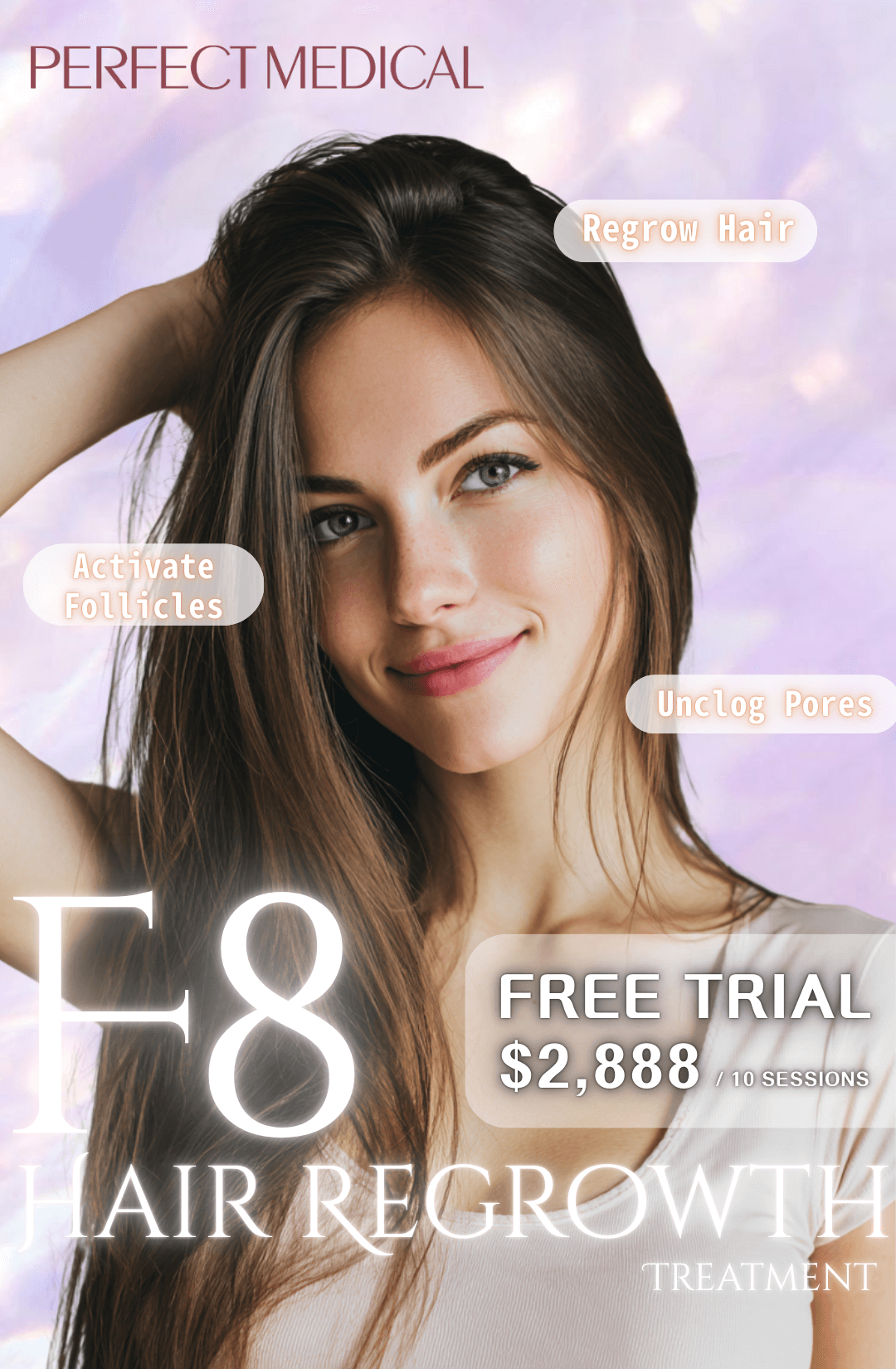
免費體驗
F8 Hair Regrowth Treatment
1 Minute Self-Registration
Date should not be before minimal date
FAQ

1. What does a hot oil treatment do?
A hot oil treatment is a hair care technique that involves applying warm or heated oil to the hair and scalp. Its primary purpose is to nourish, hydrate, and rejuvenate hair strands and the scalp. The heat allows the oil to penetrate deeply, providing essential moisture and nutrients. This treatment can help repair damaged hair, reduce frizz, improve hair elasticity, and promote overall hair health. Additionally, it can soothe the scalp, reduce dandruff, and stimulate hair follicles, potentially aiding in hair growth.
2. Is hydrating hair oil too much for people who have oily hair?
Hydrating hair oil can be beneficial for individuals with oily hair, but it should be used with caution and in moderation. Oily hair often results from overactive sebaceous glands, which produce excess oil. While hydrating hair oil can help improve the condition of dry ends and damaged hair, applying it to the scalp or roots may exacerbate the issue. Instead, focus on applying the oil primarily to the mid-lengths and ends of the hair, avoiding the scalp. Use lightweight, non-comedogenic oils, and consider using hydrating oil as a pre-shampoo treatment to avoid adding excess oil to the scalp.
3. How do I use hair oil as a heat protectant to reduce hair loss?
Hair oil can indeed act as a heat protectant, reducing the risk of hair loss or damage caused by styling tools. The hair oil acts as a barrier, shielding your hair from the direct heat of styling tools and reducing the risk of hair loss or breakage.
4. What kind of people can't use hair oil?
While hair oil can benefit many people, there are some situations in which its use may be limited or should be approached with caution: Individuals with allergies or sensitivities to specific oils should avoid those oils to prevent adverse reactions. People with certain scalp conditions, such as severe dandruff or psoriasis, may need to consult a dermatologist before using hair oil, as it could exacerbate their condition. Those with extremely fine or thin hair should be cautious about using heavy oils, as they may weigh down the hair and make it appear greasy. Also, people with fungal infections of the scalp should avoid applying hair oil, as it can exacerbate the condition.
5. Is F8 treatment invasive?
No, the F8 treatment is non-invasive. It is a low-energy laser therapy for hair regrowth that does not require surgical procedures or invasive measures. The treatment involves the use of specialised laser technology to stimulate blood circulation to the scalp, repair damaged capillaries, activate dormant hair follicles, and strengthen the hair papilla. This non-invasive approach promotes natural hair growth, making it a safe and effective option for individuals looking to address hair loss and improve hair thickness and fullness.





